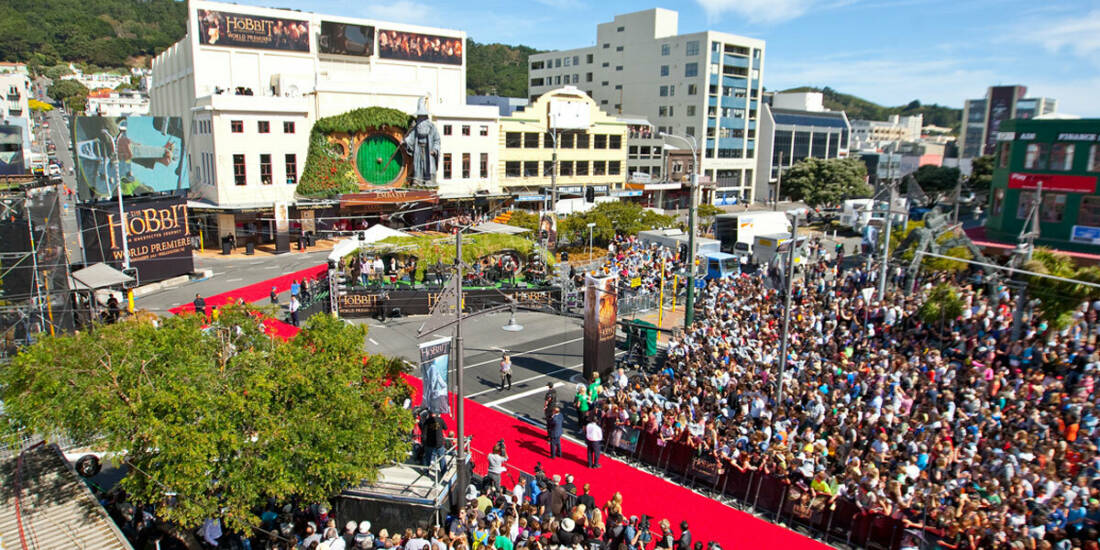Wellington becomes a UNESCO City of Film
Wellington has been named a City of Film by UNESCO. The accolade comes after the submission of an excellent application highlighting the many attributes that make Wellington a cinema hotspot.
Joining the CCN
UNESCO has named 66 new urban settlements Creative Cities, which now has a network of 246 members. The Creative Cities Network unifies cities that base their development on creativity; spanning music, arts and folk crafts, design, cinema, literature, digital arts or gastronomy.
New Zealand National Commission for UNESCO Chair, Robyn Baker, says one of the key advantages of being part of the Creative Cities Network is the opportunities for collaboration with the other cities internationally.
“Because these are all cities with drive and energy for culture, collaboration between them can spark exciting new projects. We’ve seen film festivals established across countries, knowledge and technologies swapped between cities and ventures between private and public partners engaging new audiences.
It’s about bringing creativity to our cities in a sustainable way. Wellington has worked hard to become an iconic city of film, and we’re thrilled it’s been named a UNESCO Creative City, alongside Dunedin as a City of Literature and Auckland, a UNESCO City of Music. Between these centers I expect there will be synergies and opportunities to work together,” says Robyn.

WellingtonNZ’s head of screen, Nicci Boucher, says becoming a City of Film is a great recognition of Wellington’s film industry, but there is still a lot of work to be done to ensure the sector is sustainable in years to come.
“Wellington has an incredible film heritage, but we want to ensure it has a bright future. Much of the industry’s work has centered around large productions, which have put Wellington on an international stage as a film location. But we need better balance, with a more sustainable pipeline of locally made projects and businesses to ensure our whole industry continues to flourish.”
UNESCO creative cities commit to placing culture at the center of their development strategies.
“All over the world, these cities, each in its way, make culture the pillar, not an accessory, of their strategy,” says UNESCO Director-General Audrey Azoulay. “This favours political and social innovation and is particularly important for the young generations.”
The UNESCO Creative Cities Network (UCCN) was created in 2004 to promote cooperation with and among cities that have identified creativity as a strategic factor for sustainable urban development. The 246 cities which currently make up this network work together towards a common objective: placing creativity and cultural industries at the heart of their development plans at the local level and cooperating actively at the international level.
